Independent presidential candidate Robert F. Kennedy Jr. warned that central bank digital currencies (CBDCs) pave the way for an authoritarian government in America similar to the Chinese communist regime.
“I’m against central bank digital currencies because that is part of the path to getting us where China is today. That’s where they started, that’s where all these other countries started with central bank digital currency, and it’s the end of freedom. We will be slaves if we allow that to happen,” Mr. Kennedy said during a March 22 event. He pointed to the Canadian trucker’s protests to explain why CBDCs were dangerous for freedoms. The Canadian government portrayed the truckers “as right-wing, fascist, and racist” when they were not, he said.
“The government used facial recognition systems and other intrusive technologies to identify the participants, all the truckers. They got their license plates, etc. And then they froze their bank accounts. So they couldn’t get diesel for their trucks, they couldn’t buy food for their kids, they couldn’t pay for their education, they couldn’t pay their mortgages.”
A trucker told Mr. Kennedy that he was going to jail for being unable to pay his alimony. “It occurred to me that transactional freedom is as important as freedom of the press. If you have freedom of speech in the First Amendment, and yet when you exercise that speech, the government doesn’t like it, they can starve you to death, they can throw you out of your home because you can’t pay your mortgage or your rent, then that is meaningless.”
Transactional freedom is “absolutely critical” for freedom of speech to exist, he said. “If we get a central bank digital currency, they’d do what they do in China.”
In China, people pay for groceries and gasoline using their “face,” he said, referring to facial recognition systems. The Communist regime keeps a social credit score on its citizens so that anyone found violating regulations will face penalties and restrictions, like potentially restricting an individual’s access to grocery stores within a certain radius of their house or workplace.
“You can’t buy gas, you can’t buy an airplane ticket, you can’t buy anything else. So, you’re basically under home confinement. Like the truckers in Canada, they were never charged with a crime. They were certainly never convicted,” he said.
“It was just they were doing something the government didn’t like. The government was able to destroy their lives, and that is a very dangerous power to give government.”
CBDC Dangers
In addition to Mr. Kennedy, several other prominent individuals have raised concerns about central bank digital currencies, including former President Donald Trump. During a campaign stop in New Hampshire in January, President Trump vowed to “never allow” the U.S. Federal Reserve to issue a CBDC.
“As your president, I will never allow the creation of a central bank digital currency. Such a currency would give the federal government absolute control of your money,” he said. “This would be a dangerous threat to freedom and I will stop it from coming to America.”
In a July 2023 video, Brexit leader Nigel Farage highlighted the dangers of government control over currencies. “The ultimate fear is if we get CBDCs, we could finish up like the Canadian truckers, people who were within the law, found themselves outside the law and had their bank accounts frozen. Controlling people’s money would be the ultimate form of tyranny.”
Several key international figures admitted that CBDCs will allow for greater control over people’s finances.
During a seminar back in 2020, Agustin Carstens, general manager of the Bank for International Settlements, pointed out that “we don’t know who’s using a $100 bill today, and we don’t know who’s using a 1,000-peso bill today.”
The key difference with the CBDC is “the central bank will have absolute control on the rules and regulations that will determine the use of that expression of central bank liability, and also we will have the technology to enforce that,” he explained.
In October 2022, IMF Deputy Managing Director Bo Li said that CBDCs “can allow government agencies and private sector players to program, to create smart contracts, to allow targeted policy functions.”
He went on to explain that CBDCs can be used to control items like welfare money, food stamps, and consumption coupons.
A February paper from the Bank of Canada research warned that CBDCs could negatively affect bank deposits.
“The CBDC would directly compete with bank deposits in the market for digital money. As a consequence, there are concerns that a CBDC could substantially crowd out bank deposits, which may undermine financial stability by raising the funding cost and reducing the profitability of the banking sector,” the paper said.
Republican senators led by Sen. Ted Cruz (R-Texas) have introduced a proposal seeking to ban CBDCs in the United States.
“The Biden administration salivates at the thought of infringing on our freedom and intruding on the privacy of citizens to surveil their personal spending habits, which is why Congress must clarify that the Federal Reserve has no authority to implement a CBDC,” Mr. Cruz said in a Feb, 26 statement.
“I’m proud to lead the fight in the Senate to restrict the Federal Reserve’s exploration of and attempt to introduce a CBDC to the American economy.”



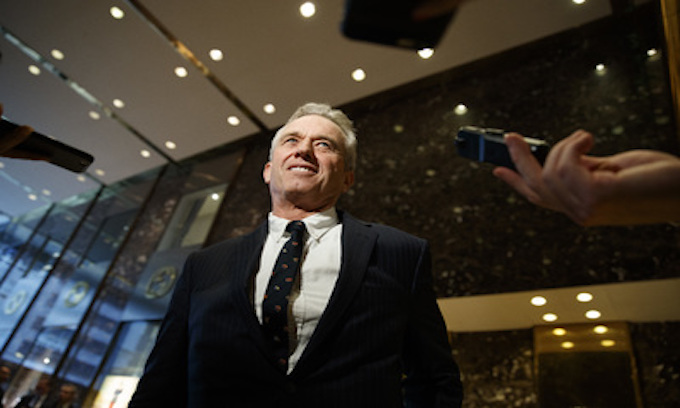
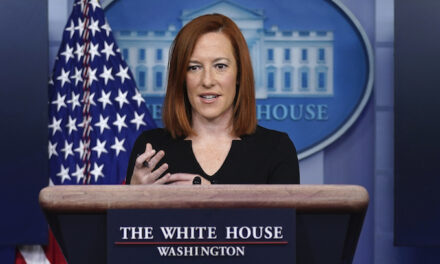
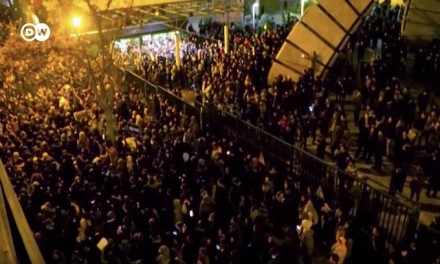
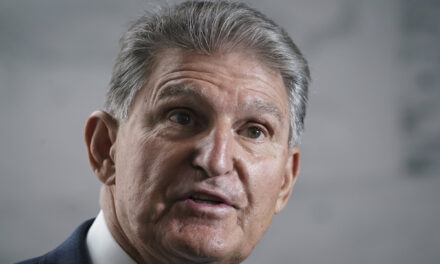
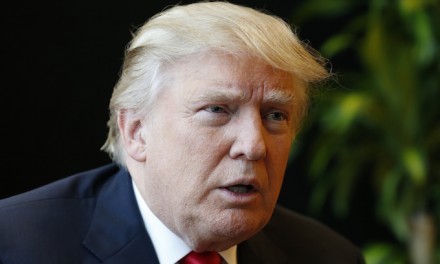











Replacing our citizen’s access to cold hard cash and replacing it with digital currency will just leave WE THE PEOPLE federally naked and exposed to being as abused as the illegal foreign human traffic’d hookers were to Hunter Biden’s abuse and personal degradation. Your personal property and money which stands between your ability to SELF-govern your own destiny versus being made a total social dependent upon the State and its crooked politicians, could be wiped out with the stroke of a keypad. If the new currency is backed by the current full faithlessness of our politicians, we will all be in need of an act of faith to be able to reclaim our stolen American lives and freedoms.
“A trucker told Mr. Kennedy that he was going to jail for being unable to pay his alimony. “,,,,,,which if made a felony would prevent mosts Deadbeat democrat dads in many states from ever being able to vote. Would probably force Joe to issue a blanket pardon similar to Student loan debt, because the enormity of it today could definitely swing an election. If the deadbeats were forced to pay up, no welfare checks would be needed to those whose wrong PRO-Choice of who to mate with would no longer be paid for those who had to skin (or Pleasure) in the game of the poor choicing. The poor voter today gets none of the pleasures of the screwing, but all the pain of paying for supporting the bad life decisions. No surprise here why we are going morally and financially bankrupt and our freedoms evaporating like fog in the morning.
Well, seeing how many welfare leeches there are, THAT ALONE, if we stopped THEM VOTING< would GUT the dem party's voter base.
“It was just they were doing something the government didn’t like. The government was able to destroy their lives, and that is a very dangerous power to give government.”
“The Biden administration salivates at the thought of infringing on our freedom and intruding on the privacy of citizens to surveil their personal spending habits, which is why Congress must clarify that the Federal Reserve has no authority to implement a CBDC,” Mr. Cruz said in a Feb, 26 statement.
salivate……. as in the Democrat Party’s Biden administration salivates at the thought of infringing on our freedom
1. secrete saliva, especially in anticipation of food.
“the delicious aroma of rich stews made us salivate”
2. display great relish at the sight or prospect of something.
“I was fairly salivating at the prospect of a $10 million loan”
THAT IS because the dems, WANT TO BE Tyrants, like they accuse Trump of ‘being one’.
DDDUUUHHHH. You think Bob? I’m not a politician or even a gubment worker so I guess I can’t figure this out myself. The idea of CBDC has been on the table for well over two years. This is simply another path the gubment will use to control, suppress, and repress the US citizens. And I think it is simply a matter of time before this is implemented. It won’t matter who is president, who controls congress, or SCOTUS. We are getting closer to a controlling, authoritarian state with each new bill. Stasi, KGB, Gestapo here we come. Almost there with CBDC and the FBI.